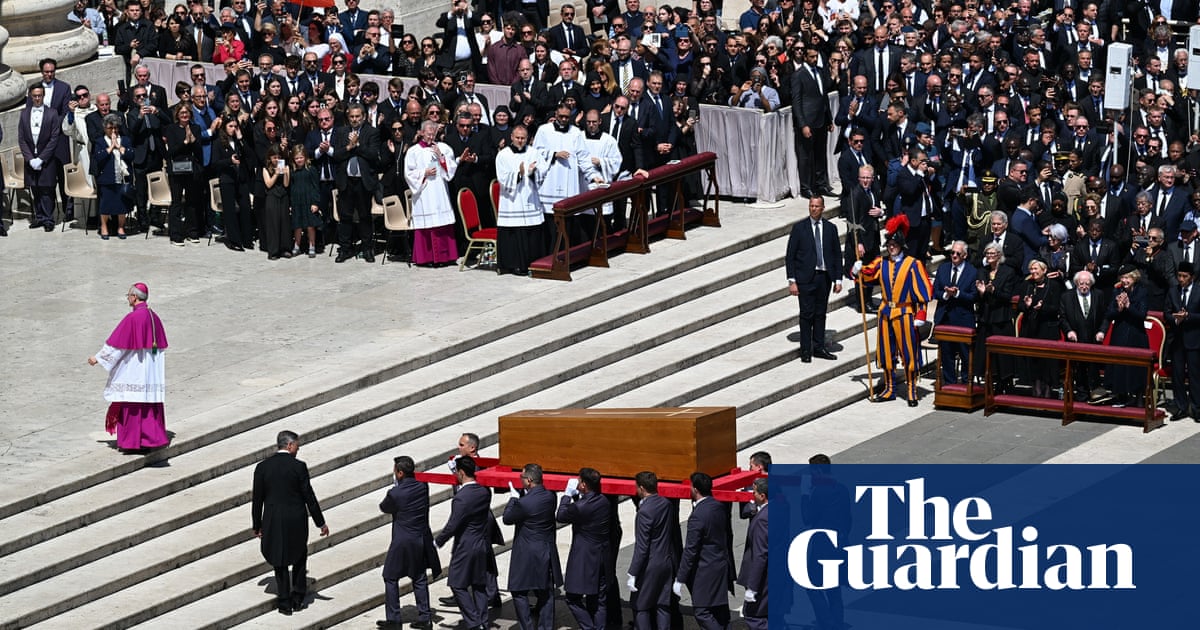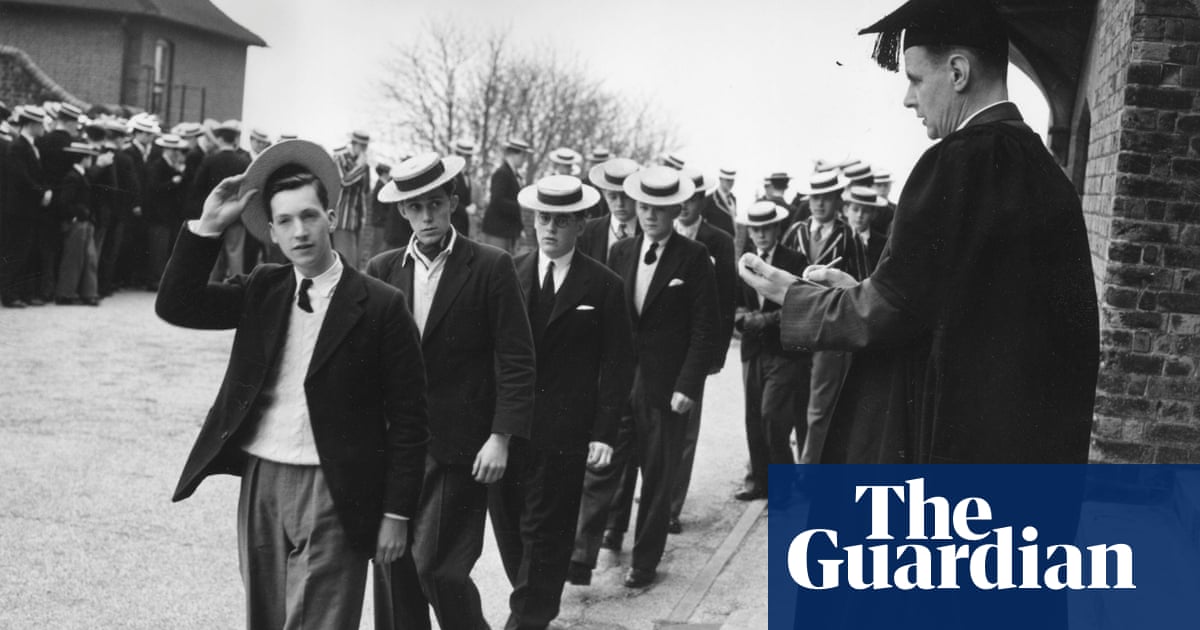An attempt at brokering peace between warring factions is made in a tense call from a phonebox to a bar where men crowd around the beige receiver. The look: double-breasted suits and Brylcreem for one gang, brown leather and rollnecks for the other. Fedoras for all. As the curtain falls on act one, a man lights a Molotov cocktail and raises his arm to lob it into enemy property. Poison comes in mini liqueur bottles. The heroine has a serving hatch, not a balcony. Forget Verona.
Even without directorial input, Bellini’s Romeo and Juliet opera has long been a red rag to purists, riffing as it does on Shakespeare’s play via multiple Italian sources. Produced in six weeks to plug a gap in the roster at Venice’s La Fenice after another composer failed to deliver, this opera-against-the-odds has never matched the popularity of Bellini’s La Sonnambula or Norma.
Eloise Lally’s mid-century Little Italy update for English Touring Opera is energetic and stylish. Its small box set sees a bar interior – formica tables, sauce bottles, Venetian blinds – become a subtly lit ruin after the Molotov incident. Staging Romeo’s conference with the Capuleti (the production is sung in Italian) as a call via a gangster hotline is genuinely effective. So is the transformation of the Montecchi attack on the Capuleti into a slow-motion brawl in the latter’s dingy, linoleum-floored bar, even if Romeo’s attempt to crash Giulietta’s wedding in “disguise” – swapping slimline burgundy tailoring for an oversized pinstriped number – stretched the production’s internal rules about visual realism.

It was a shame the subtlety of the production wasn’t matched in the pit, where a heater nestled between musicians suggested that playing conditions weren’t ideal. Under conductor Alphonse Cemin, ETO’s pared-down orchestra sounded threadbare at times, the strings in act one far from the bel canto lushness demanded by the score. Elsewhere there were tuning problems. Crucially, despite a few carefully sculpted woodwind solos, more overall shape and direction was needed from the podium as well as more attention to balance.
The singing was classier. The tiny male chorus did sterling work, while Timothy Nelson was a stentorian patriarch and Masimba Ushe a warm, sympathetic Lorenzo. Brenton Spiteri’s Tebaldo was endlessly ardent, though lacked the smooth line invited by Bellini’s famously long melodies. No such problem with Samantha Price or Jessica Cale as the star-cross’d lovers: the chemistry they alas lacked physically – why not do more with a trouser-role Romeo in 1950s NYC? – was sumptuously compensated in vocal terms. Price’s burnished mezzo worked wonders with Bellini’s lyricism, her coloratura finely delineated. Cale had the biggest voice of all, powerfully communicative but beautifully controlled in intimate moments. In a production that conjures perma-violence, Cale’s Giulietta is a force to be reckoned with.

.png) 2 months ago
27
2 months ago
27













































